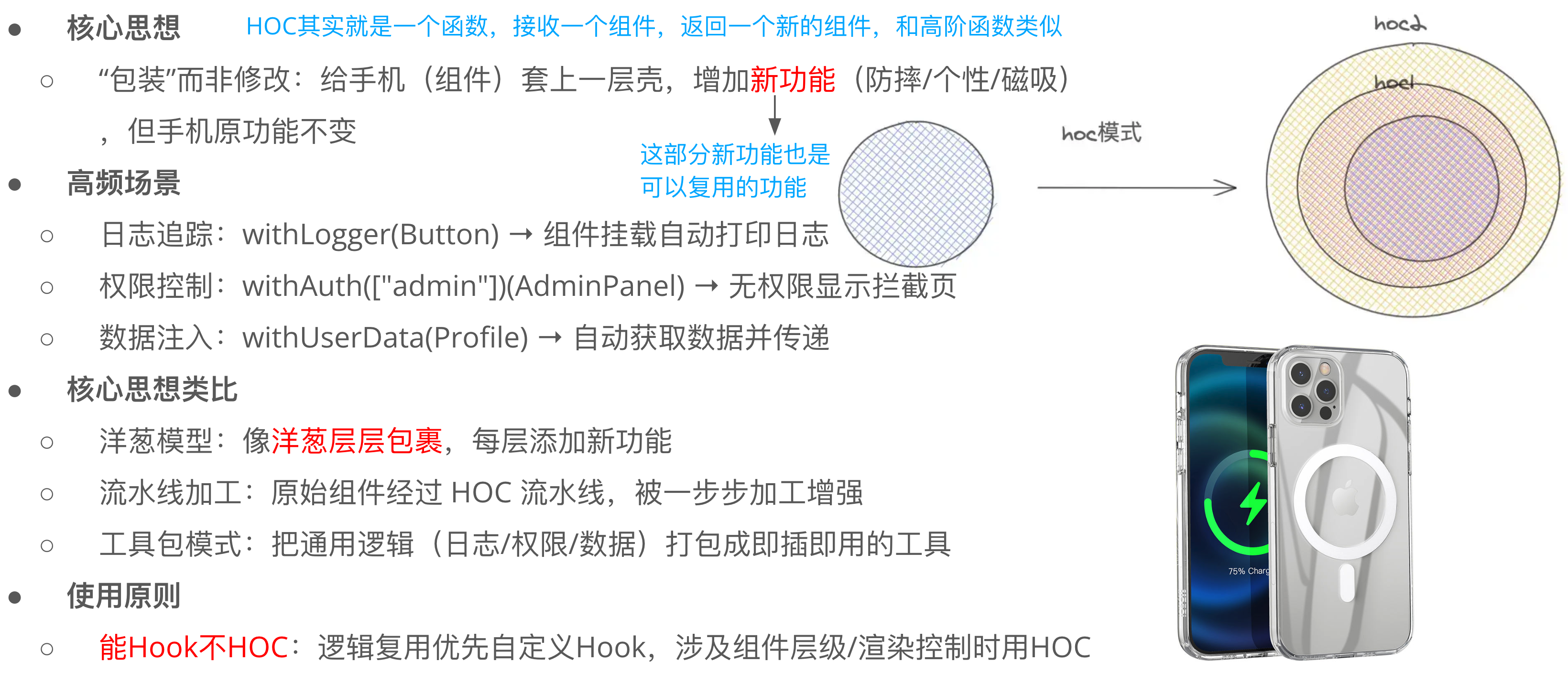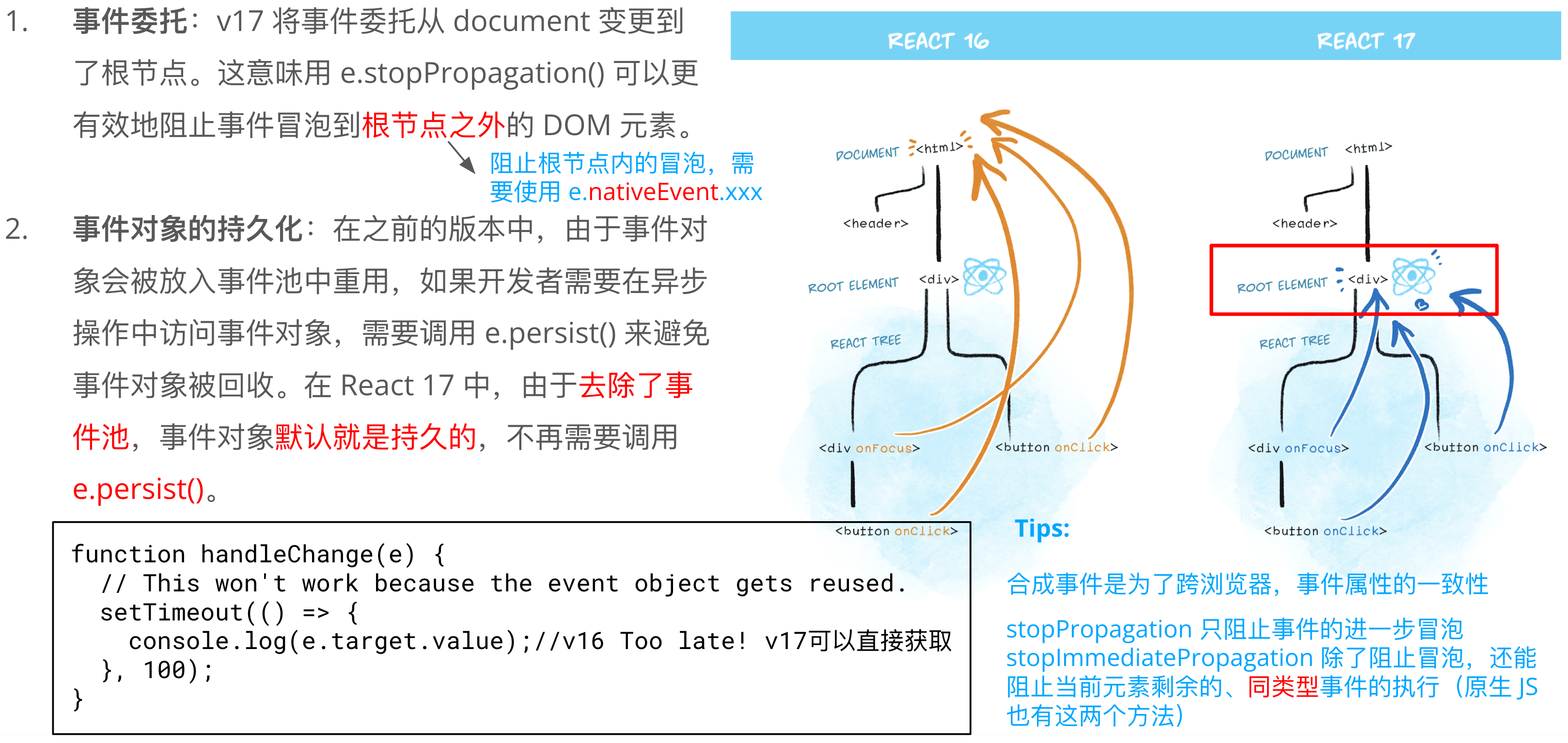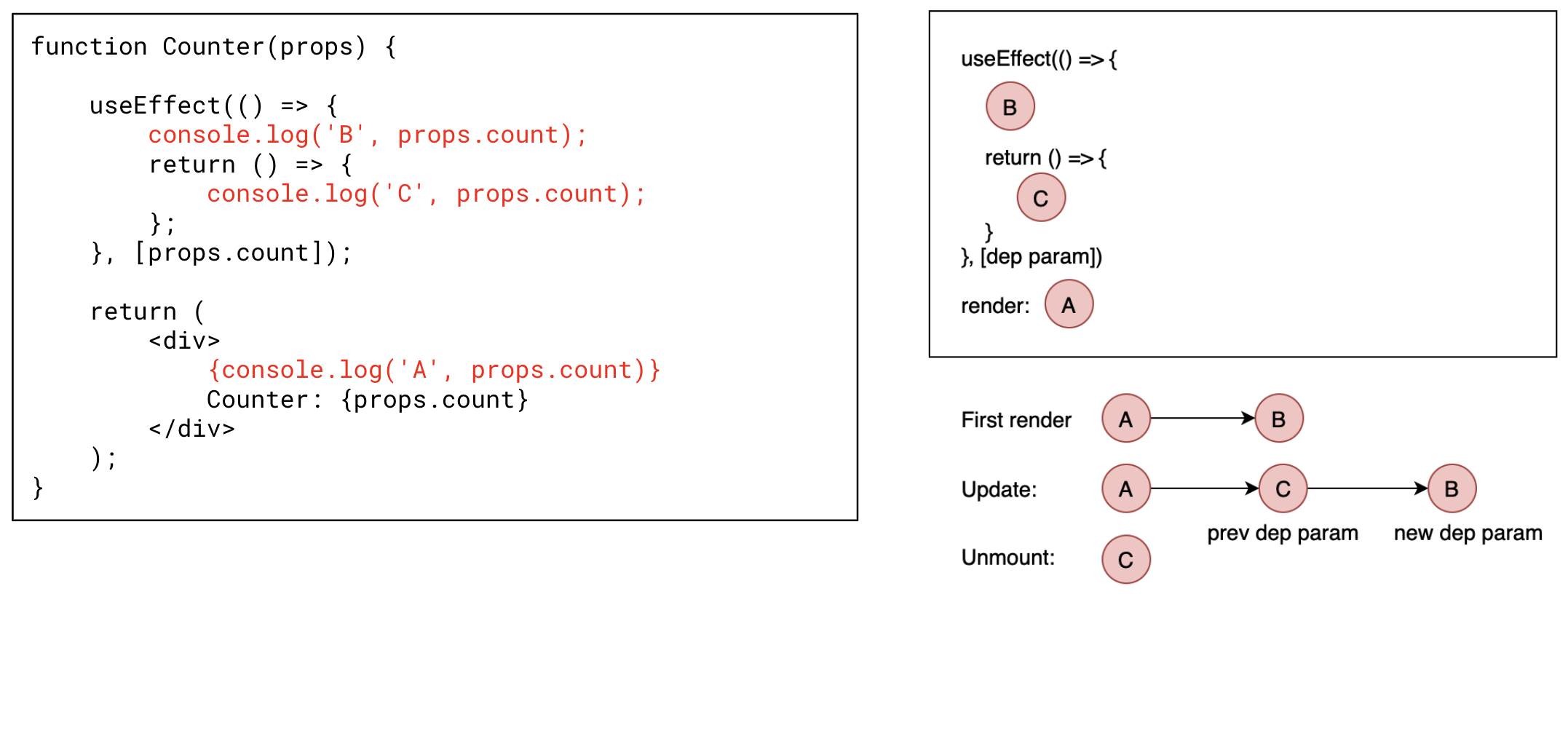React SWR: 让请求自动 cache





React.memoconst MyComponent = React.memo(function MyComponent(props) {
/* render using props */
});
React.memo is a higher order component. It's similar to React.PureComponent but for function components instead of classes.
If your function component renders the same result given the same props, you can wrap it in a call to React.memo for a performance boost in some cases by memoizing the result. This means that React will skip rendering the component, and reuse the last rendered result.
By default it will only shallowly compare complex objects in the props object. If you want control over the comparison, you can also provide a custom comparison function as the second argument.
Portal 中文即“传送门”的意思,来看一张电影剧照,不用多说,你应该能猜出来是什么意思:
官方定义:Portals 提供了一种很好的将子节点渲染到父组件以外的 DOM 节点的方式。
ReactDOM.createPortal(child, container);
Context 通过组件树提供了一个传递数据的方法,从而避免了在每一个层级手动的传递 props 属性。在一个典型的 React 应用中,数据是通过 props 属性由上向下(由父及子)的进行传递的,但这对于某些类型的属性而言是极其繁琐的(例如:地区偏好,UI 主题),这是应用程序中许多组件都所需要的。 Context 提供了一种在组件之间共享此类值的方式,而不必通过组件树的每个层级显式地传递 props 。